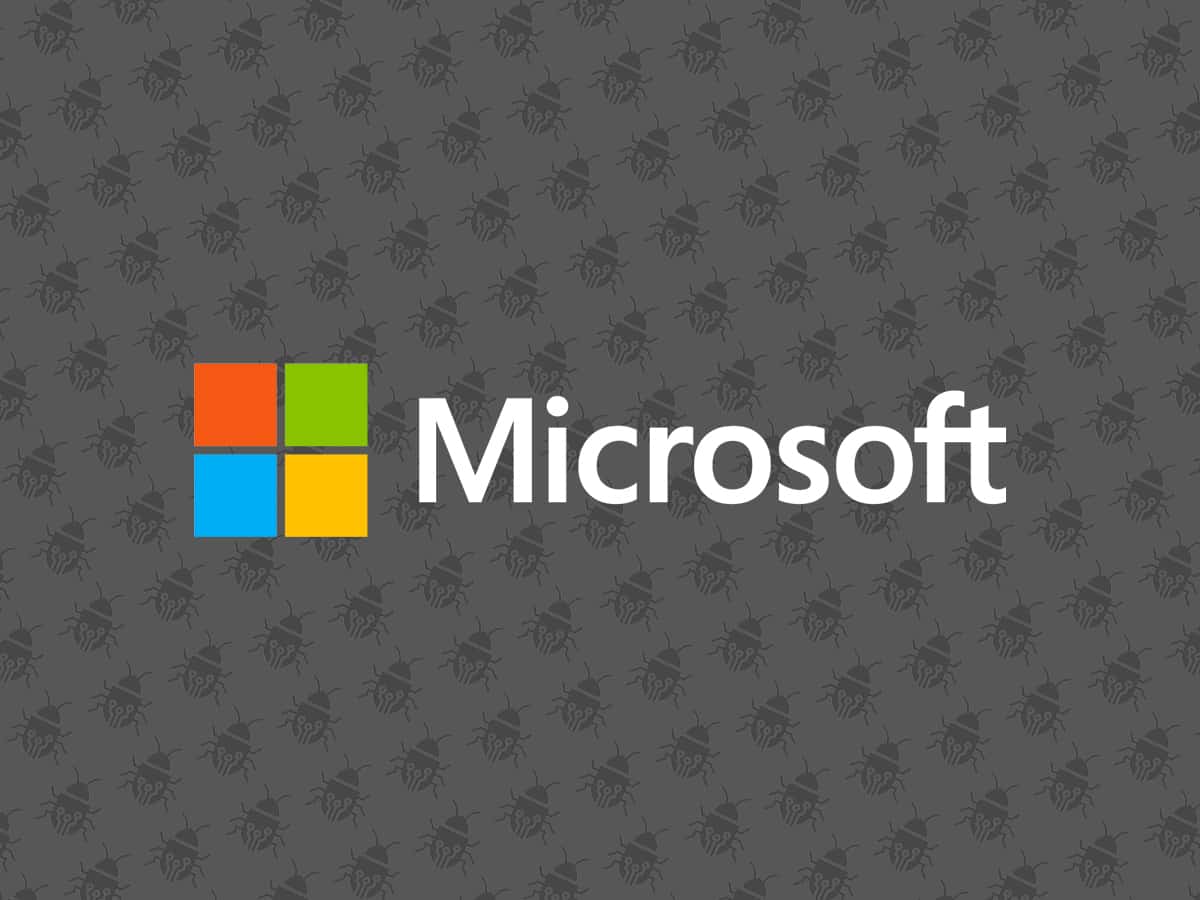
New Delhi: India is among the top 3 countries originating Internet of Things (IoT) malware infection in 2022, a Microsoft report said on Wednesday.
IoT devices offer significant value to organisations in the country looking to modernise workspaces, become more data-driven and ease demands on staff through shifts like remote management and automation.
“Therefore, the cyber-threat landscape is real and security is the need of the hour. Microsoft aims to help incident responders and security specialists better understand their environments and prevent potential incidents,” said the tech giant.
The International Data Corporation (IDC) estimates there will be 41.6 billion connected IoT devices by 2025, a growth rate higher than traditional IT equipment.
With increasing connectivity across converging IT, Operational Technology (OT) and IoT, organisations and individuals need to rethink cyber risk impact and consequences, said the report.
Microsoft observed a spike in threats across traditional IT equipment, OT controllers and IoT devices like routers and cameras fueled by the interconnectivity many organisations have adopted over the past few years.
It identified unpatched, high-severity vulnerabilities in 75 per cent of the most common industrial controllers in customer OT networks.
“As OT systems underpinning energy, transportation, and other infrastructures become increasingly connected to IT systems, the risk of disruption and damage grows as boundaries blur between these formerly separated worlds,” said Vasu Jakkal, corporate vice president, security, compliance, identity, and management at Microsoft.
For businesses and infrastructure operators across industries, the defensive imperatives are gaining total visibility over connected systems and weighing evolving risks and dependencies, Jakkal added.
Modern threats like sophisticated malware, targeted attacks, and malicious insiders are difficult for traditional security measures to contain.
Microsoft also observed over 1 million connected devices publicly visible on the Internet running Boa, an outdated and unsupported software still widely used in IoT devices and software development kits (SDKs).
